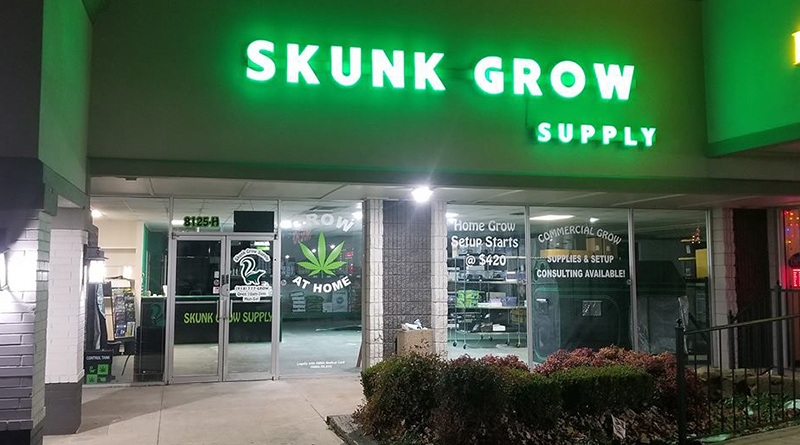by Sarah Lee Gossett Parrish,
Cannabis Lawyer
Oklahoma House Bill 2612, known as the Oklahoma Medical Marijuana and Patient Protection Act, became effective on August 26, 2019. Now, with a significant number of commercial business licenses coming up for renewal since that effective date, UNITY’s “grandfather clause” on Oklahoma residency requirements is causing anxiety and confusion. You have likely heard about this clause, and you may wonder what it is all about. Misinformation abounds.
What Is UNITY’S Grandfather Clause?
UNITY provides, essentially, that owners of commercial business licenses granted by OMMA prior to UNITY’s “enactment” date will be grandfathered in under the original, SQ 788 residency guidelines, and that UNITY’s more stringent residency requirements will be inapplicable to those licensee owners. What are UNITY’s more stringent requirements? License applicants must now provide proof of Oklahoma residency for at least 2 years immediately preceding the date of application, or 5 years of continuous Oklahoma residency during the preceding 25 years immediately preceding application date.
Oklahoma Attorney General Mike Hunter wrote an AG’s opinion construing this language—as courts have done—to mean the date on which the law (UNITY) was passed by the Legislature, March 15, 2019, as opposed to UNITY’s effective date of August 30, 2019. I expected this opinion because it is consistent with the statutory definitions of “effective date” and “enactment date”, and the language in UNITY references the enactment date. However, and I have mounted this argument to OMMA’s legal and compliance staff, AG Hunter’s construction results in much confusion and gives rise, in my opinion, to constitutional issues if enforced because hundreds, if not thousands, of licensees who suddenly become unable to qualify as Oklahoma residents and obtain their renewals, as they would not meet UNITY’s new residency requirements.
Had Governor Stitt not vetoed HB 3228, this unacceptable result would have been remedied, as that HB 3228 provided that everyone with an OMMA license on August 30, 2019 UNITY’s effective date), would be grandfathered in as to the pre-UNITY residency requirements. But Governor Stitt vetoed it. So…
I believe officials are working on an acceptable and fair resolution and I am confident they will accomplish their goal. A lawsuit challenging this has also been filed. In the interim, OMMA is holding renewals for licensees who fall within this catch—those with original licenses granted after UNITY’s enactment date of March 15, 2019, but before UNITY’s effective date of August 320, 2019—in a perpetual “pending” status until the issue is resolved. All of these licensees whose renewals are in the perpetual “pending” status can continue to legally operate under their original licenses. This is great news.
What’s the take-away? Stay tuned.
Information contained herein provides general information related to the law and does not provide legal advice. It is recommended that readers consult their personal lawyer if they want legal advice. No attorney-client or confidential relationship exists or is formed between you and Ms. Parrish as a result of this article.




